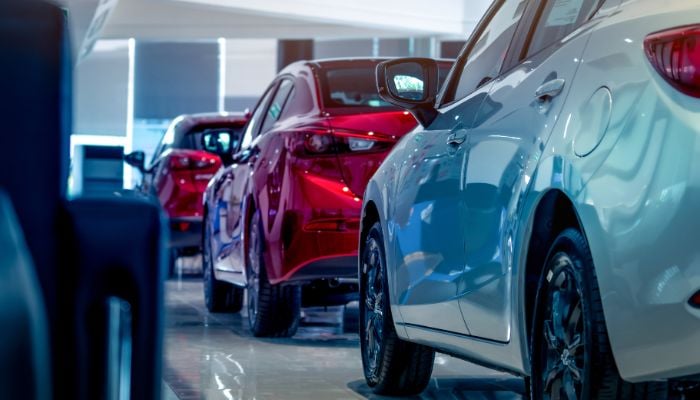
A new 25% tariff on imported cars, set to take effect on April 3, is expected to change the US auto market. Introduced by President Donald Trump, the tariff will promote local car manufacturing but may increase the cost of imported cars.
US automakers such as Tesla, Ford, and Jeep are likely to gain from it, whereas businesses that use imports will suffer.
Trump’s 25% auto tariff to raise car prices
Domestic brands with strong US manufacturing are well-positioned. Tesla, with more than 80% of its vehicles produced in the US, will likely benefit, particularly with models such as the Model 3 Performance and Model Y.
Moreover, Ford's Mustang and Jeep's Wrangler, both produced using predominantly US components, might also benefit. General Motors (GM), however, with facilities in Canada and Mexico, might need to shift its production strategy.
Foreign automakers will feel the impact of the new tariff the most. Best-selling models like the Mazda Miata, Subaru BRZ, and Toyota GR86 might get pricier.
Furthermore, domestic Japanese car makers such as Toyota, Honda, and Nissan, who import a significant quantity of vehicles, can relocate manufacturing to the US or add fresh discounts in order to remain competitive.
European brands such as Audi, Mercedes-Benz, and Volkswagen will also need to rethink their US strategies.
Experts predict that car prices will rise, leading more buyers to choose US-made vehicles. Some foreign brands may expand US factories to avoid the tariff, while others could offer deals to keep customers.
















